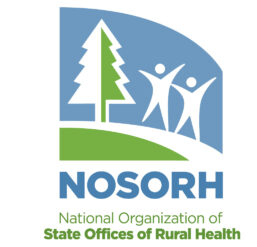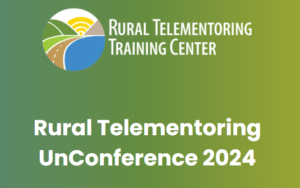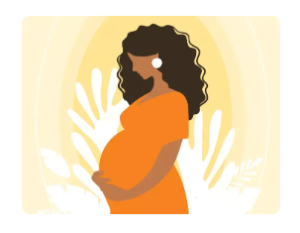September 30, 2024

HRSA Seeks Nominations for the NHSC Advisory Board
The National Health Service Corps (NHSC) is currently looking for new members to join the National Advisory Council on the National Health Service Corps (NACNHSC).
If you are a clinician or health official with a background in primary care, oral health, or mental/behavioral health, your expertise and unique experiences can help address health care delivery needs in underserved areas.
Rural communities are often the least represented on the board, and the NHSC wants your input. Please consider submitting a nomination, including self-nominations, by December 6, 2024, and help make a positive impact.
Advisory Board Commitment
- 3-year term
- Up to four meetings per year
- Each meeting lasts for two days in a row.
How to Become a Member: Members are nominated or submit a self-nomination.
How to Nominate a Candidate for the Advisory Board
- Send a letter stating:
- Name, affiliation, and contact information for the nominee.
- The basis for the nomination; and
- The nominator’s contact information, including:
- Name
- Address
- Daytime phone number
- Email address
- Letters must be from an employer, colleague, and/or professional organization.
To Self-nominate, your letter should include:
- Traits that qualify you for the position.
- Your affiliation, contact information and area of expertise.
- The specific reason(s) you feel the NACNHSC would benefit from your membership.
Additional Information to Submit with Nomination:
- A letter of interest from the nominee
- A biographical sketch of the nominee
- A copy of the nominee’s curriculum vitae
- The nominee’s contact information
- Cover letter (optional but highly recommended)
Important Note: In accordance with 18 U.S.C. § 208, current NHSC Scholarship Program and Loan Repayment Program participants are not able to serve as members of the National Advisory Council on the National Health Service Corps (NACNHSC). Once your service commitment is complete, you can apply to become a member of the Counci8l, and if eligible, you may be selected to serve on the NACNHSC.
Nomination Deadline: December 6, 2024
Email nominations to: NHSCADVISORYCOUNCIL@HRSA.GOV
Click Here to Learn More









